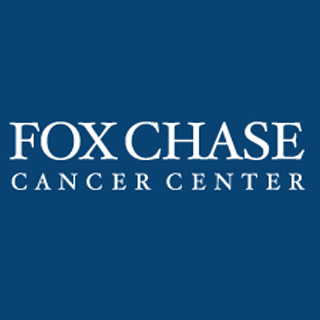
The American Cancer Society approximates 22,000 fresh cases of ovarian cancer will be identified this year and it is assumed that about 15,000 women will succumb to this disease. Excluding non-melanoma it is contemplated that ovarian cancer is the eighth most common cancer among women. It ranks fifth in cancer deaths among women and accounts for more deaths as compared to any other cancer of the female reproductive system. It was observed that women who received the standard treatment saw no worsening of their disease for 10.3 months whereas women who received the new treatment saw no worsening of their disease for 14.1 months.
This trial was initiated for the first time and it included molecularly targeted agent that has been a part of an approved strategy for treating propelled ovarian cancer. This was the first time a maintenance dosing method involved any therapy that had been planned for the disease. Continuous analysis of this trial is expected to increase awareness about genetically defined subgroups of patients who benefited more than others. It focused on the substantiate treatment and an effective treatment for ovarian cancer in the future.
“Ovarian cancer remains one of the most deadly cancers in women, so this clinical advance is particularly welcome,†says Robert A. Burger, MD, lead investigator on the GOG trial and director of the Women’s Cancer Center at Fox Chase Cancer Center. “Before this, we could treat ovarian cancer patients only with surgery and chemotherapy involving relatively toxic agents. Now, we have a third type of more targeted therapy to offer these patients, potentially opening the way to even greater progress in years to come.â€
The trial named GOG-0218 admitted 1,873 women with advanced disease who weren’t treated in the past. These women were from 336 sites in four countries namely U.S, Canada, South Korea and Japan. They were randomly assigned to any one of the three treatment protocols. These three protocols included standard chemotherapy which included carboplatin and paclitaxel plus placebo, followed by placebo maintenance for 10 additional months; standard chemotherapy plus bevacizumab followed by placebo maintenance; and the last one was standard chemotherapy plus bevacizumab followed by bevacizumab maintenance. Previous studies on cancer which included this drug were observed to be similar to the type and frequency of bevacizumab-associated side effects.
Bevacizumab is a humanized monoclonal antibody and it is an angiogenesis inhibitor. This meant that the drug restricted tumor growth and interfered with the constitution of new blood vessels that supply the tumor with needed nutrients. The drug prevents the function performed by the naturally formed protein called vascular endothelial growth factor and also obstructs VEGF which is largely produced in most of the cancers. It is also known to enhance formation of new blood vessel.
The study was presented in ASCO which was launched in September 2005.
